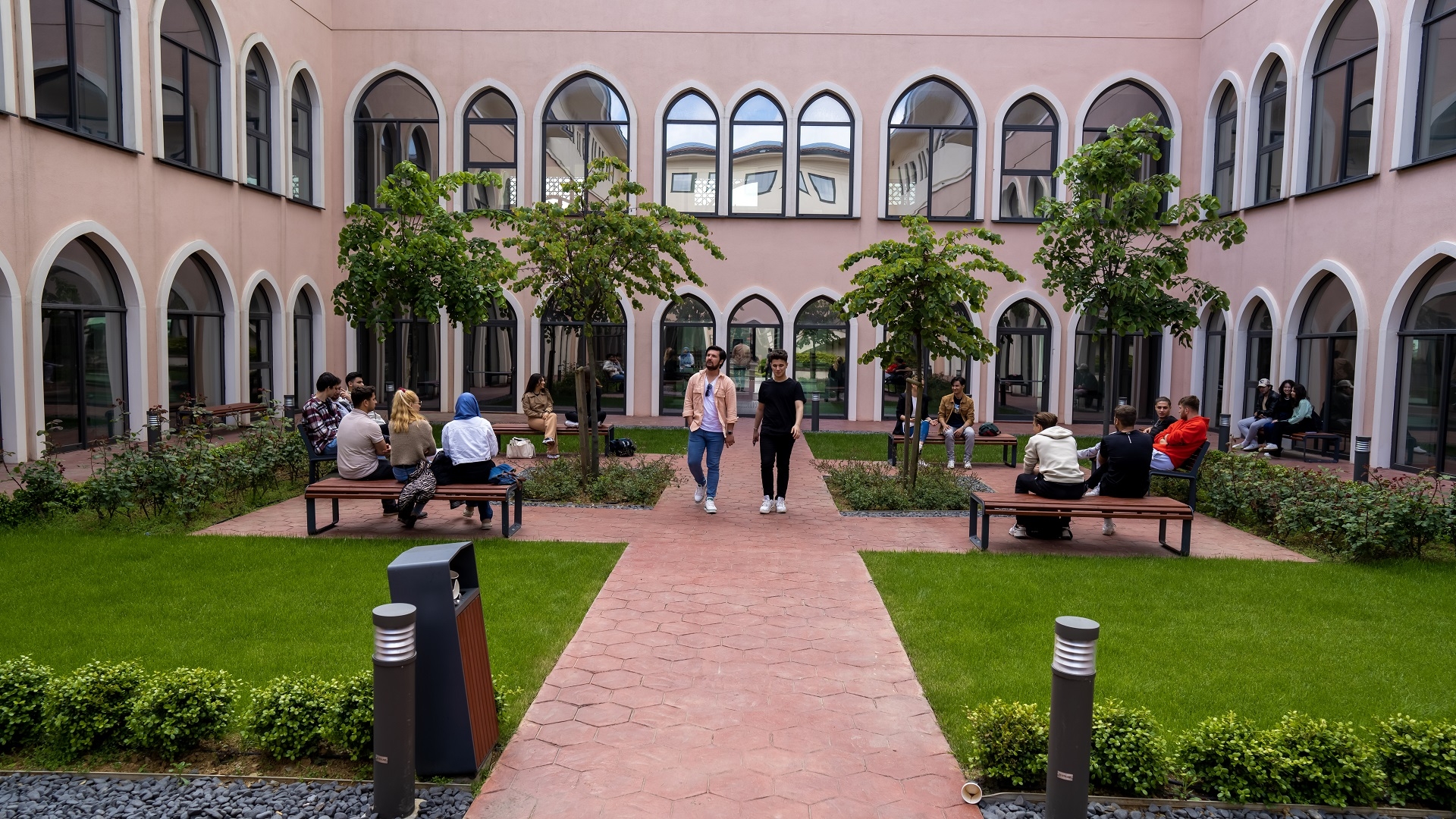


As the Department of Comparative Literature, our project titled "The Birth of Modern Literary Theory in the 19th Century Ottoman Caliphate", which investigates the birth of modern literary theory in the 19th Century Ottoman Caliphate, has started. The project, supported by our university, aims to produce innovative solutions to the problems of the future by examining the development of literary theory in the classical and modern period.
Dr. Rahmi Oruç, a faculty member of our department, is working on the project with Dr. Idem Arvas, Dr. Akın Bulut, Muhamad Abdelmageed and Dr. M. Rofiq Muzakkir. Alaa al- Barazi and Maryam Kouk from our Department of Comparative Literature and Rabia Asan from the Artificial Intelligence-Innovative Learning and Teaching Coordinatorate are also scholarship holders.
After one year of work, the project will prepare a course that utilizes innovative and digital learning tools and will be presented to the students of our university, especially our department.
With technological developments, the world is experiencing a process of social acceleration and this process may be more than just a "transformation": A real transmutation may be waiting for us. Every day, concepts such as "post-truth", "metaverse", "artificial intelligence" are appearing in the public sphere. This great transmutation, if we are caught unprepared, could be devastating. History, which has witnessed many transmutations, good and bad, destructive and constructive, can also help us understand civilization's response to change.
A century ago, the Ottomans were waiting for change. This meant revolution in every aspect of life. New schools were being established and old ones were evolving. Literature and literary theory were also transformed. The Sunni Muslim communities of the Ottoman Empire - Turks, Kurds, Arabs - shared a common intellectual heritage through the madrasa. The sciences of rhetoric and construction formed the basis of literary theory.
Over time, however, modern literary theory emerged, especially under French influence. Interestingly, history has reunited these communities. Twenty years later, Turkish, Kurdish and Arab thinkers can collaborate again, but this time with prudence.
This project aims to develop a digital course focusing on the development of 19th century modern literary theory in Ottoman Turkish, Kurdish and Arabic. The course, whose curriculum will be shaped at the end of the project, will be offered to senior students of Ibn Haldun University Department of Comparative Literature and other students of our university and will contribute to the academic development of our department.